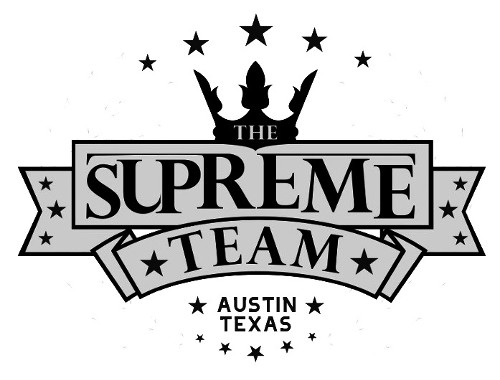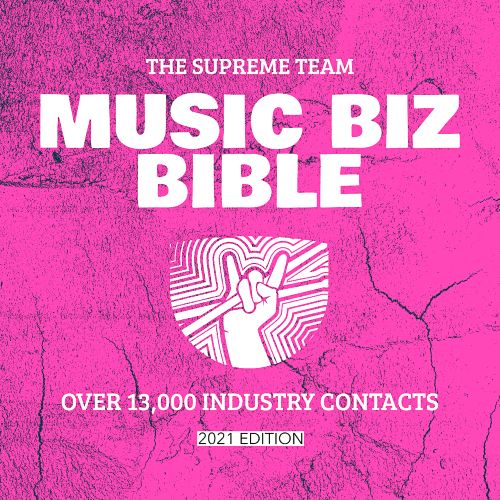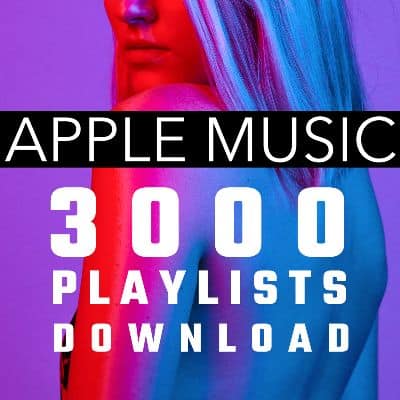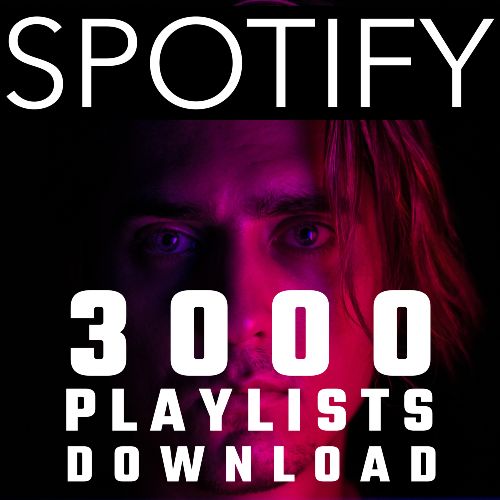We believe in sharing our secrets – especially when it comes to Soundcloud music promotion industry advice.
We’ve shared everything we’ve learned through our journeys with our artists – the exact strategies that led to our growth and success as well as what we learned from our mistakes and missed opportunities.
But we certainly don’t know everything, and our path to success isn’t the only path. Every story is different, and everyone has something to teach.
So, we decided to look outside of our team. We reached out to a number of managers and industry professionals to see if any of them would be down to share their Soundcloud music promotion industry advice – their stories and secrets – and they were.
Getting Started
Every success story has its beginning.
I remember when I started, when I said to myself, “I’m going to do music professionally” – I was in school, and I had a lot of free time. I was hanging out with friends, partying, doing stuff typical college kids do. And I realized, I could be more productive. I asked, what can I do with what I love? What am I familiar with?
When I was much younger, I’d taught myself how to play piano and how to sing – but I realized by 19 that I wasn’t going to be a professional Soundcloud music. I just wasn’t quite good enough, but I still loved Soundcloud music promotion.
So I said to myself, I still want to be involved in creating music and being a part of that process, because I love it.
I was really into Soundcloud music blogs at the time. Music blogs are still an important discovery tool, but they were the premium way that artists were breaking at the time, and I read them – that’s where I found my new music promotion.
I realized, I can manage artists and then pitch them to editors at these sites and get them featured. I know that’s how artists are breaking. Perhaps I can be on the business side.
And then beyond that, I didn’t really know what I was doing. I had no clue how to be a manager, and I kind of just dove into it and had to figure it out.
There’s a valuable lesson in that piece of industry advice – don’t be afraid to get started just because you don’t know everything. Ben definitely didn’t know everything, but he did know that that was okay. He had a passion and want to do something with it – he just had to leverage his existing strengths and know where he needed to grow.
He knew he had a passion for music and that he want to be a part of the business behind it. He also liked a number of a small rapper’s songs, and that’s all it took to get started:
I knew I liked this rapper’s music, so I wrote him a message on Facebook and said, “Hey, can I write you up a business plan? I think you’re amazing.” And he said “sure.”
There’s a lot to learn from what Ben just said. After all, he successfully enticed an artist to SoundCloud reposts with him in just one line. If you can master the next four takeaways from Ben’s message, you’ll be golden.
How to craft the perfect message
The first takeaway: he kept it short and sweet. You should do the same when you reach out to people.
Second, he started by immediately offering value. When initiating a conversation, it’s important to capture the other person’s attention, and people care most about things that make them better off. It’s simple, really; the rapper could benefit from having a business plan, so he’d be inclined to say yes. Be smart about what you offer, though. Consider your strengths and background, and find ways to leverage those in helping others. Ben knew business, so he offered to build a business plan. Also, bonus points if you can propose something with no downside (e.g. for free). In Ben’s case at the very worst, the rapper could just have ignored the business plan, and at best he’d have had the key to success. Either way, it was free.
Here’s why this third takeaway is important: if I had just sent “Hey, can I write you up a business plan?” with no other context, the rapper might have said yes. But it’s a bit strange to receive that kind of message out of the blue from someone you don’t know, and a lot of people are skeptical of spam. Adding “I think you’re amazing” explained it all. Now, his offer wouldn’t be taken out of context. He was just a fan who want to help.
The fourth and final takeaway is to flatter the rapper. It’s great that he did this alongside adding context, but don’t panic if you can’t find a way to merge these two. What’s important is that you tickle their ego in some way or another – perhaps congratulate them on a recent song’s success, or talk about a show you went to and loved. However, you have to be genuine – it’s easy to spot insincere flattery.
To summarize this crucial music industry advice, when reaching out to someone:
- Keep it short and sweet.
- Offer value quickly
- Provide Context
- Be genuine and flattering
[Product_Table id=’55532′ name=’allproducts 55274 8211 in post template’]




